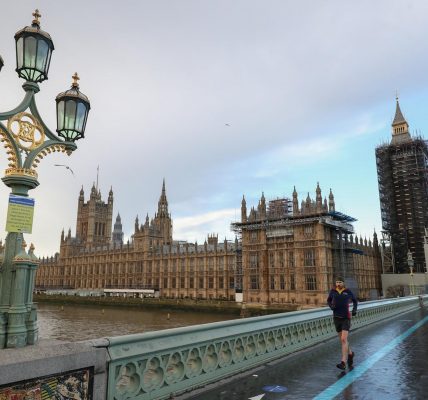Thousands of people are projected to go bankrupt due to loan charge, MPs warn
Thousands of people are expected to go bankrupt due to a controversial policy which has left taxpayers with life-changing tax bills, according to a report from one of the largest all-party Parliamentary groups.
The study found that the loan charge is “patently unaffordable” for the vast majority of people affected by it. The report from the Loan Charge All Party Parliamentary Group (APPG) concluded that most people facing the loan charge simply cannot pay it, whether in one go or on a monthly basis.
The loan charge was designed to tackle tax avoidance schemes where individuals receive income in the form of loans that are not repaid to avoid income tax.
However, the APPG’s own survey found that 99 per cent of respondents were told that these arrangements were legitimate or compliant when they entered them.
The report said: “HMRC seeking to collect it (the loan charge) and enforcing, as planned, will have devastating consequences for many, with thousands of people projected to go bankrupt, to have to sell their home and with many people unable to work and reliant on state benefits as a result.”
The Loan Charge APPG conducted a survey in April 2021 of people facing the loan charge to evaluate the affordability of the loan charge and the impact of it when, as currently is the case, HMRC demand it this year.
Between April 16 2021 and April 24 2021, 1,109 people participated in the survey, of which 78% have a loan charge liability – 11% are uncertain and 11% have ‘settled’.
The report added: “It is clear that people were mis-sold the schemes, as they were never given any sense of the risk of HMRC open enquiries or their seeking to close them down.
“People were given the impression that the schemes were entirely compliant with tax law and that there was nothing to worry about, even though advisers and promoters knew that Government and HMRC wanted to stop the operation of schemes and that the direction of travel politically was that they would do so.
“Many people facing the loan charge have also lost income due to the off-payroll rules roll-out and the Covid-19 pandemic.”
The report concludes: “Participants were reassured by those advisers and experts, who in a position of authority, confidently assured them that they were in regular contact with HMRC and
other legal professions to ensure everything was legal and above board.
“The accusation that participants joined to avoid tax is unfounded for this population. Participants were engaging in what they were told were legally compliant arrangements and this was reinforced by those colleagues, friends and family who were also involved.
“Considering they are being subjected to this dire injustice from those in a position of authority, such as HMRC, HM Treasury and the Government, policymakers may be wise to consider the consequences of participants completely losing faith in an institution they once respected, particularly when that institution will now force families into a life of debt servitude, taking over 50% of any future income, or imposing an immediate bankruptcy from which they simply cannot recover.”
A Government spokesperson said: “The Loan Charge was introduced to ensure those who used disguised remuneration tax avoidance schemes paid their fair share of income tax and national insurance contributions. We must uphold the fundamental principle that individuals are responsible for their own tax affairs, and it is right that we continue to tackle these type of avoidance schemes as they deprive public services of vital funding.
“We encourage any customers who are worried about paying their loan charge liability to please contact HMRC, who will be able to help them. HMRC has been clear that it will work with customers to enter manageable payment plans to spread their tax liability and ensure that they are affordable”.
HMRC will not force anyone to sell their main home to pay their disguised remuneration debt or the loan charge, the spokesman added.
The statement added: “HMRC can offer Time to Pay arrangements where a liability cannot be paid in full which span over a number of years depending on an individual customer’s circumstances.”
Support The Fond News and become a subscriber today. Your subscription will help us to continue to bring quality news to the people of US. In return, you’ll see fewer ads on site, get free access to our app and receive exclusive members-only offers. Click here to subscribe.










